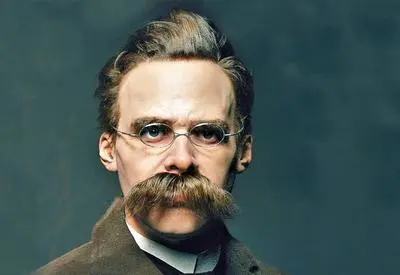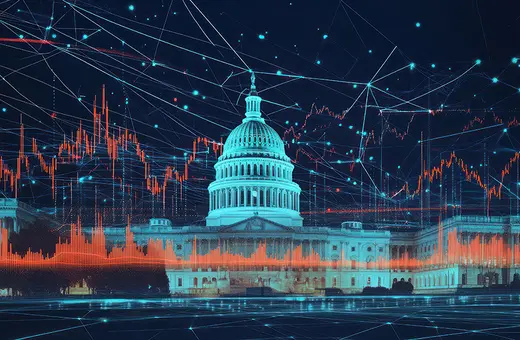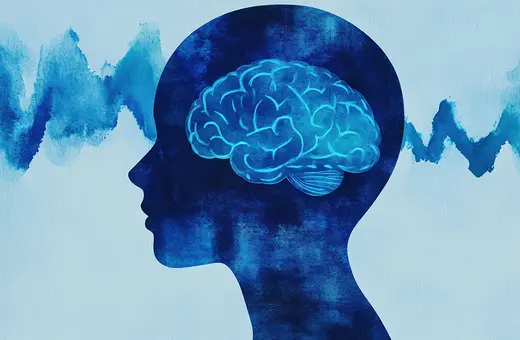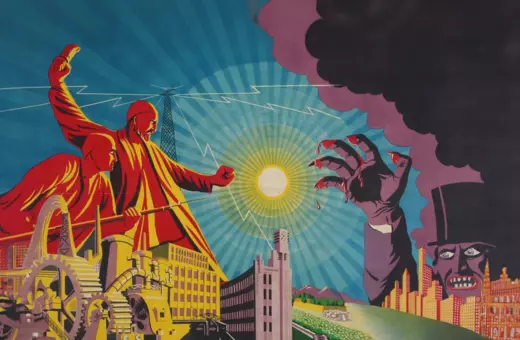Everyone seems to think Nietzsche fits with their political agenda. Contemporary right-wing figures like Jordan Peterson and Dinesh D’Souza see in Nietzsche the great diagnostician of the decadence that would follow the death of God, and use his insights to dismiss the “woke” left as being driven by resentiment towards the powerful. On the left, 20th century thinkers like Michel Foucault and Gilles Deleuze found in Nietzsche powerful tools to use against societal power structures and embraced his emancipatory message. Both get him wrong, argues Matt McManus.
Along with Marx, Nietzsche was the great 19th century critic of modernity. His influence on our culture is as expansive as his thought, which ranged across philosophy, psychology, history and theology with irreverent genius. Given the scope of Nietzsche’s interests, it is therefore surprising to think that for a long time many thought he had little to say about politics. In the anglosphere, this was largely due to efforts of Walter Kaufmann-for a long time the primary translator of his work in English. Kaufmann was determined to save Nietzsche from his association with Nazism, and consequently foregrounded a popular conception of him as a bohemian existential psychologist. Moody, dark and brilliant yes, but mostly either apolitical or even too rarefied for politics.
 SUGGESTED READING
Nietzsche and the perils of denying your self
By Guy Elgat
SUGGESTED READING
Nietzsche and the perils of denying your self
By Guy Elgat
Today, Nietzsche’s legacy as a political thinker is more explicitly embraced by the right. Nietzsche is seen as the prognostician of societal decadence, hedonistic culture, and general nihilism that would follow the death of God.
And even if the contemporary left doesn’t explicitly talk much about Nietzsche as a source of inspiration, 21st century radical thinkers embraced Nietzsche’s philosophy for its emancipatory fervor and diagnosis of the end antiquated authorities like religion.
But both the left and the right get Nietzsche’s politics wrong. In fact, his political vision is one that neither would like.
Nietzsche the Radical
To the extent 21st century analysts figured Nietzsche did have a politics it was one that was radical and even progressive. After all, wasn’t Nietzsche the intellectual godfather of radicals and artists cons like James Joyce, Michel Foucault, Gilles Deleuze, and Wendy Brown? Many have found in Nietzsche ample intellectual weapons to critique everything from bourgeois conformity to social conservatism moralism. And indeed Nietzsche’s repeated calls for the development of “free spirits” who are unafraid to be creative and daring marries well with progressives calls for counter-cultural resistance and transformation. As does his philosophical emphasis on difference, individualism and self-creation.
___
Nietzsche was not a systematic thinker by any means, but his individualism inoculated him against the petty appeal of the blood and soil kitsch of the far right
___





















Join the conversation